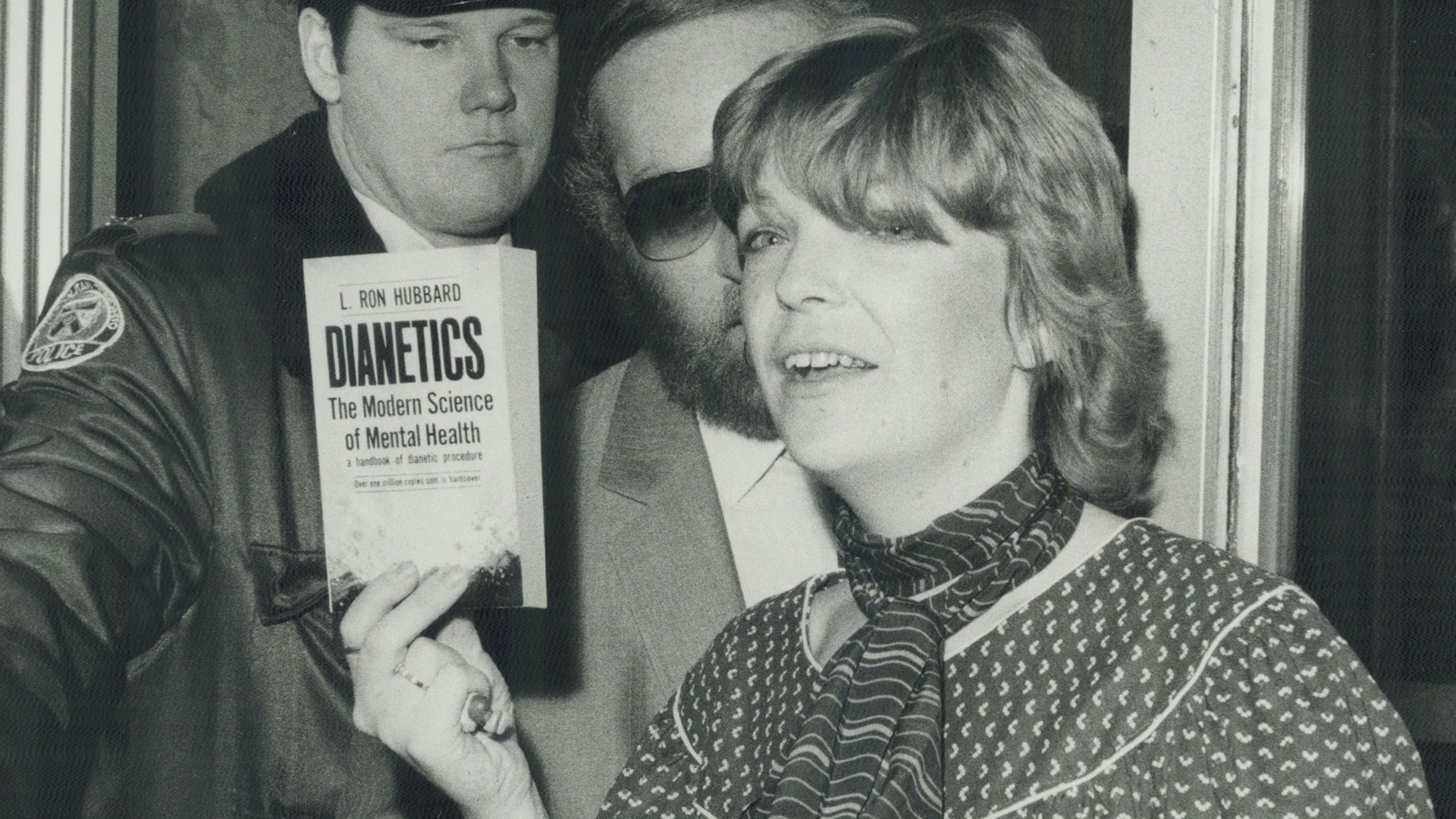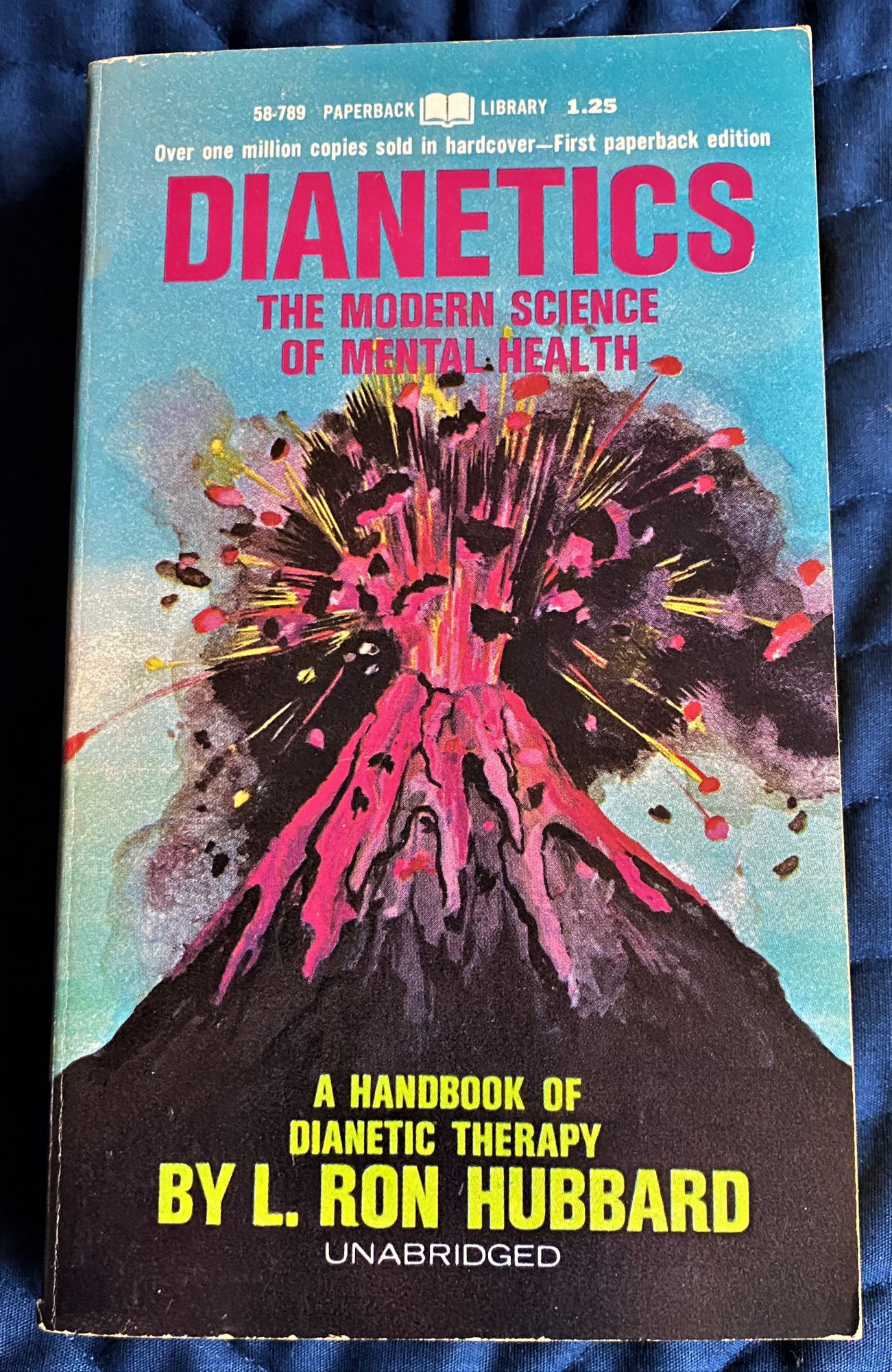Dianetics Things To Know Before You Get This
Dianetics Things To Know Before You Get This
Blog Article
The Main Principles Of Dianetics
Table of ContentsLittle Known Facts About Dianetics.A Biased View of DianeticsThe Ultimate Guide To DianeticsSee This Report on Dianetics
I could not ever not wish to obtain anything that comes to mind for you- if it was otherwise, I would not be resting right here with you, doing this. I not just could never have a trouble, or not want to hear something that enters your mind for you, however I'm totally anxious to recognize every idea, every thought, every picture or sensation that emerges or manifests for you- do not ever before believe or else, and if for some reason you do, please just allow me understand! Sometimes, you might have a thought, and photo, idea or event pop up that does not seem to answer the question, or relate to it, however nevertheless, always do inform me concerning it, and as we continue, the relevance will certainly emerge for you.This is fundamental in the basis of processing, and the topic of this conversation: the fundamental duties of the therapist and the client: The standard role of the therapist is, in contrast to "standard training", not to regulate, which suggests to implement and/or inhibit, however to rather function from the basis of EMPOWERING THE CUSTOMER.

The 8-Minute Rule for Dianetics
John Mcmasters revealed this fundamental reality splendidly well in among his lectures on Power handling, in which he clarifies how he was asked what this "unique knack" was that he had for giving such wonderful sessions; he had to consider that for a moment, and spotted that it was what he wasn't doing, as well as what he was doing: he had not been reviewing, evaluating, computing, or actually, generating any type of thoughts, not to mention spoken expressions, after giving the command and while awaiting the computer to complete their solution to their contentment; he was, just and just, existing with the PC, and entirely interested.
The function of the therapist, demonstrated; that was his "unique knack". I have actually had my own experience which showed me this well, really at an early stage in the game. In 1982, having lately finished my training and internship on New Period Dianetics, I was running this on a PC, and there was a point in the session where (being a little bit wet behind the ears not yet having many hours site web under my belt as an expert auditor) the computer appeared to be "taking too lengthy" to express anything verbally after I provided him a command.
This trick ended up being one of the most important contribution that John ever made to the subject of therapy or auditing (Dianetics). In my modest viewpoint, it is the best payment that any individual has actually ever before made to these subjectsthe application is completely non-judgemental, non-evaluative, and without any recommendation, recommendations or opinion.no preconceived program for individuals, or 'levels' that they should do
In Scientology we prided ourselves on not examining for people. All that actually implied was that the auditor did not Vocally examine for the PC in session.
What Does Dianetics Mean?

Any individual who had ever before seen John audit could not help but notice an one-of-a-kind high quality in his auditing."The customer's basic duty is to be there with the purpose of moving in the instructions of their spiritual objectives, and to openly and fully share and experience whatever manifests for them in this responding to the inquiries and performing the instructions in the handling.
This is something to procedure as required. Yet also, individuals frequently have previous experience and/or indoctrination in auditing/processing which, in some ways, and to some extent, in fact misdirects them right into attitudes, ideas and habits patterns that stop the full understanding of these duties, and so they will this content certainly often tend to hinder the expressing of what comes to mind, as in the instances given over. * The first, and maybe primary instances of mis-indoctrination bring about less than completely smooth and reliable sessions, can be found in specific facets of the training routines, or "TR's":"TR's" are often a person's initial, or at the very least early, experience in Scientology, and while I will certainly take place to clarify what I see as the defects in concept and technique, nevertheless, have a tendency to be substantially healing, done as they are offered (Hubbard urges that "TR's are not refining, they are educating", but factually, they are both processing AND training)
Alan Walter made similar observations, and enhanced these with his "Presence Processes". There is no "failing", and no denial of the truth of this being handling. The emphasis, as it needs to be, is on experiencing the various other individual's existence. All the symptoms which obtain a "flunk" in doing "TR-0" are just the being's efforts to withstand the various other individual's visibility, and instead of being harassed and badgered with "Flunk", which imposes "failure!" on the being, one simply needs to be encouraged to "stick their feet in the water a little deeper", to increasingly refurbish their capability and willingness to fully share and experience "being here", or "existence", with others.
The Basic Principles Of Dianetics

Report this page